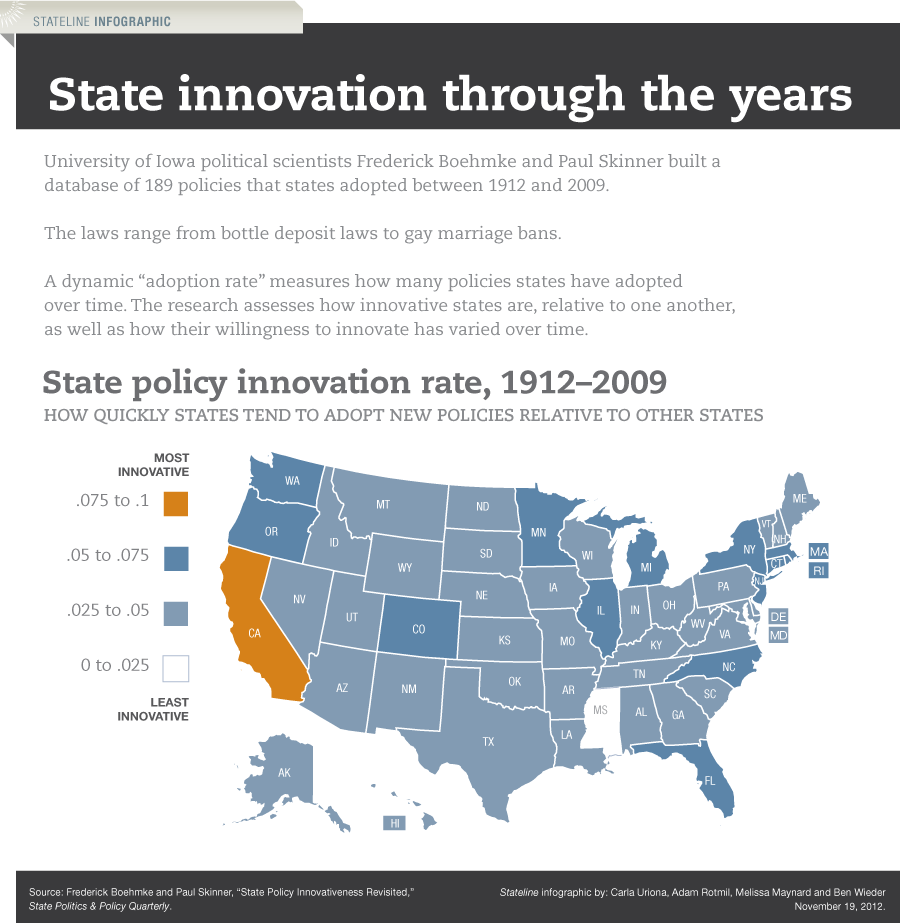Marc's article -- NRCC backs Riggleman, as it does for all R incumbents
National party organizations are weak in certain ways but PIE partisanship is strong.
National party organizations are weak in certain ways but PIE partisanship is strong.
Hershey (p. 382): "Why should partisanship help citizens who have so many other sources of information about candidates and issues? Perhaps it is because they are exposed to so much information."
In all bodies, those who will lead, must also, in a considerable degree, follow. They must conform their propositions to the taste, talent, and disposition, of those whom they wish to conduct: therefore, if an assembly is viciously or feebly composed in a very great part of it, nothing but such a supreme degree of virtue as very rarely appears in the world, and for that reason cannot enter into calculation, will prevent the men of talent disseminated through it from becoming only the expert instruments of absurd projects!Charlie and Maddy raise questions about the future -- uncharted economic terrain.
Demographics
Ratcliffe's testimony today and ... Russia
Mueller indicted "the Internet Research Agency"
Defendant ORGANIZATION had a strategic goal to sow discord in the U.S. political
system, including the 2016 U.S. presidential election. Defendants posted derogatory information about a number of candidates, and by early to mid-2016, Defendants’ operations included supporting the presidential campaign of then-candidate Donald J. Trump (“Trump Campaign”) and disparaging Hillary Clinton. Defendants made various expenditures to carry out those activities, including buying political advertisements on social media in the names of U.S. persons and entities. Defendants also staged political rallies inside the United States, and while posing as U.S. grassroots entities and U.S. persons, and without revealing their Russian identities and ORGANIZATION affiliation, solicited and compensated real U.S. persons to promote or disparage candidates. Some Defendants, posing as U.S. persons and without revealing their Russian association, communicated with unwitting individuals associated with the Trump Campaign and
with other political activists to seek to coordinate political activities.
Examples of their work
Americans served as signal boosters.
Bots
They targeted Michigan and Wisconsin.
We close on a disturbing note:
They are still at it.
:no_upscale()/cdn.vox-cdn.com/uploads/chorus_asset/file/19937849/ZjSJa_covid_19_cases_are_concentrated_in_counties_trump_lost__1_.png)


